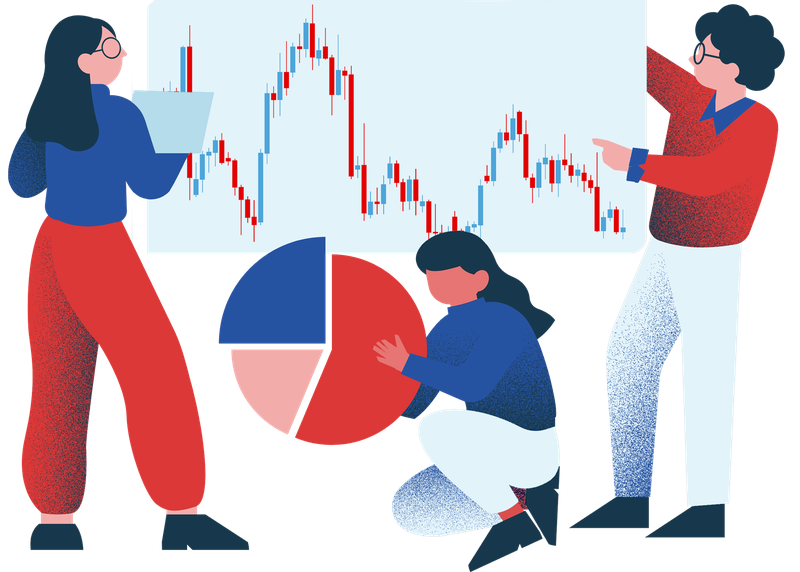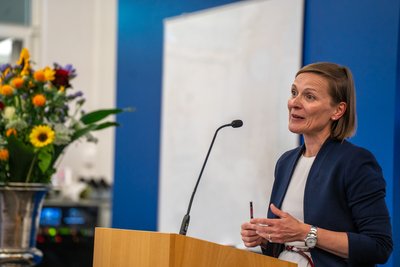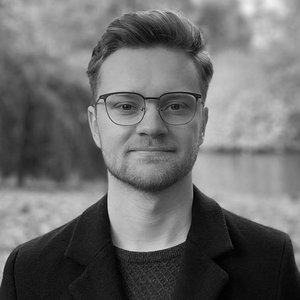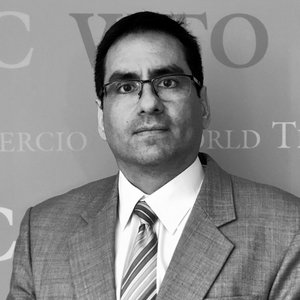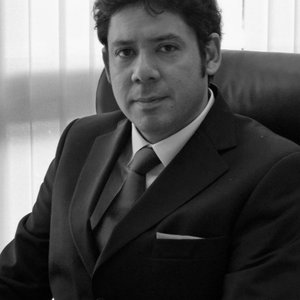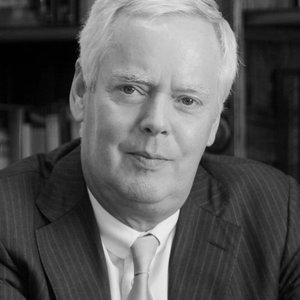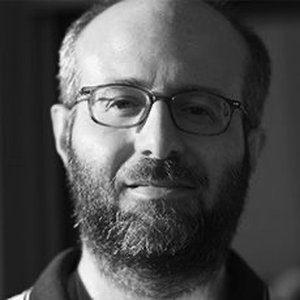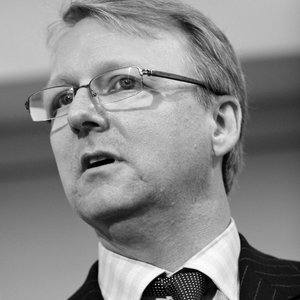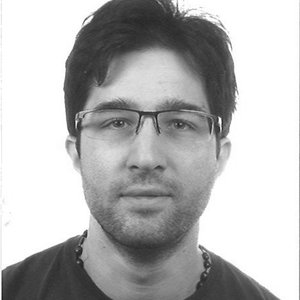About the MILE – Master of Advanced Studies in International Law and Economics (MAS)
Applications for the MILE program at the World Trade Institute must be submitted by January 30th, 2026. Early submission is strongly encouraged to ensure timely processing of all materials. After this date, admissions are open on a rolling basis, but space is limited—early applications are encouraged. Applicants should hold an undergraduate degree—ideally in law, economics, international relations, or political science—and demonstrate proficiency in English. While prior experience in trade or investment is an advantage, it is not required.
The Master of International Law and Economics (MILE), established in 1999, is the flagship program of the World Trade Institute (WTI) and a global leader in graduate education on international trade and investment regulation. Designed for aspiring professionals in law, economics, political science, or international relations, the MILE program equips students with the critical knowledge and skills needed to launch successful careers in international trade, investment, and policy. With its strong connection to WTI’s research and a dynamic global alumni network of over 600 members, MILE offers unparalleled academic and career opportunities.
The MILE is a non-consecutive Master of Advanced Studies (MAS) counting for 90 ECTS (European Credit Transfer System Points). Course work accounts for 75 ECTS and the mandatory master’s thesis is awarded 15 ECTS. It is offered at the World Trade Institute in cooperation with the Faculty of Law of the University of Bern, as part of their Continuing Legal Education (“Weiterbildungsprogramm in Rechtswissenschaft”).
This intensive one-year program blends rigorous academic training with a practical, interdisciplinary approach. Students benefit from small class sizes and personalized guidance from world-class faculty, including leading experts from top universities, international organizations (like the WTO and UN), major law firms, and global policy think tanks. The curriculum emphasizes real-world application, offering insights into current global trade challenges and preparing students for internships and entry-level roles through strong mentoring and professional networks.
Get in touch with the World Trade Institute
Please note: Applications are accepted only through our online form. Email submissions cannot be considered.


